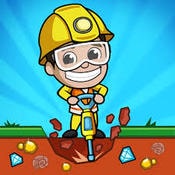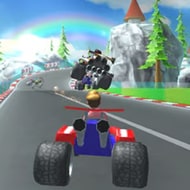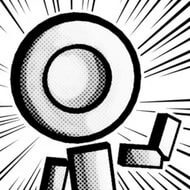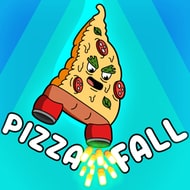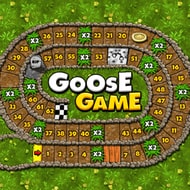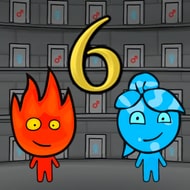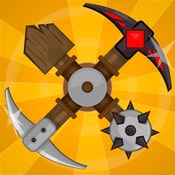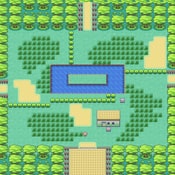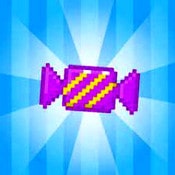
Big Tower Tiny Square
Big Tower Tiny Square isn’t just an entertaining platformer – it’s a remarkable tool for developing cognitive skills and mental resilience. The game’s precise challenges stimulate neural pathways associated with pattern recognition, spatial reasoning, and stress management.
Players often report improved reflexes and problem-solving abilities after extended play sessions, demonstrating how well-designed games can enhance real-world skills. This psychological dimension adds fascinating depth to the already compelling gameplay experience.
Mental Skills Developed Through Gameplay
Regular play improves these cognitive abilities:
- Peripheral Awareness: Tracking multiple moving objects simultaneously
- Failure Resilience: Learning to persist through repeated setbacks
- Microdecision Making: Processing multiple options in fractions of a second
- Pattern Anticipation: Predicting obstacle movements before they occur
- Flow State Achievement: Reaching optimal performance through complete focus
Applying Tower Strategies to Real Life
Lessons from the game translate beyond the screen:
- Chunking Technique: Breaking large challenges into manageable sections
- Progressive Overload: Gradually increasing difficulty to build skills
- Environmental Reading: Noticing subtle clues in complex situations
- Stress Inoculation: Performing under pressure through repeated exposure
- Iterative Learning: Improving through constant small adjustments
Big Tower Tiny Square demonstrates how video games can be more than entertainment – they can be sophisticated training tools disguised as fun. The skills developed while climbing the tower often translate to improved performance in academic, professional, and personal challenges.

